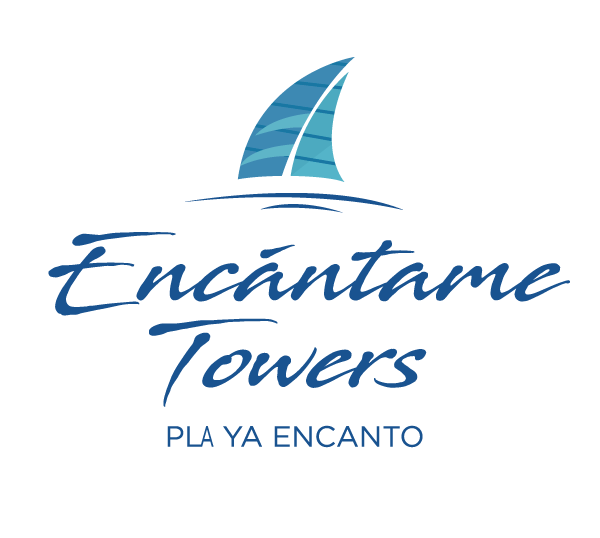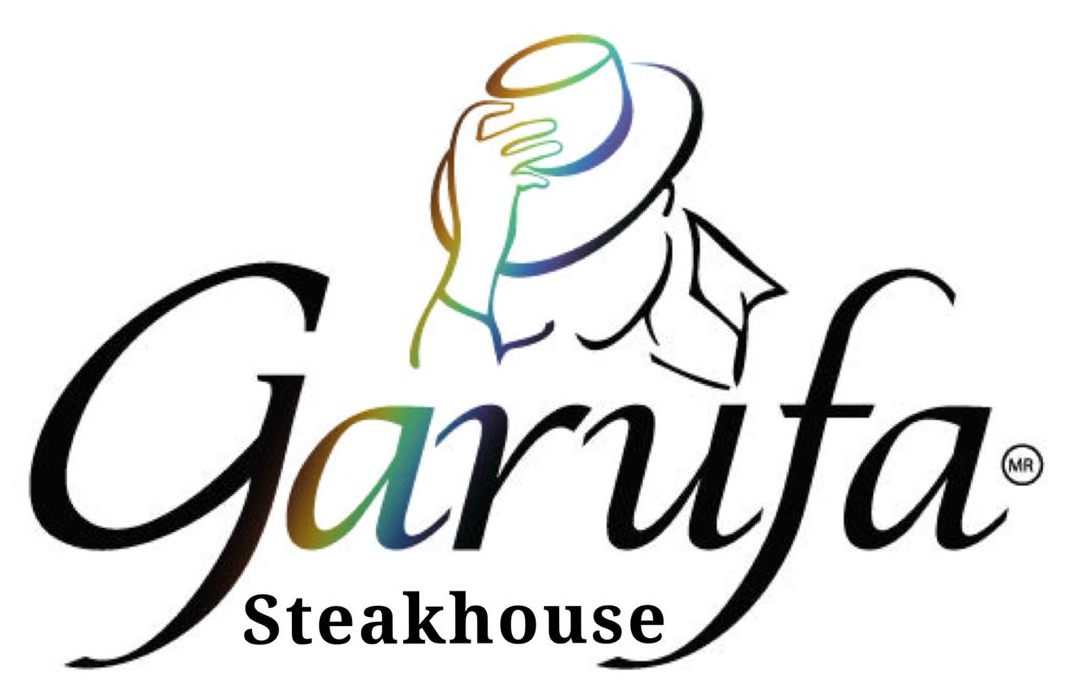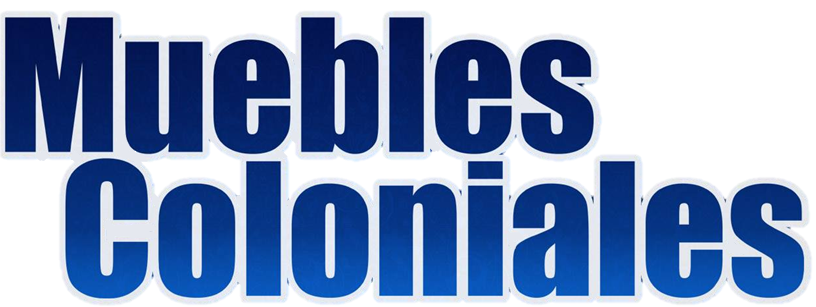Several million years ago, an ancient mammalian ancestor of today’s camels, pigs, cows, deer, and hippos (Order: Artyodactyla) found an opportunity to thrive in brackish waters by feeding there. One group of this species, isolated from the rest by this change of feeding habits, adapted to the water and evolved, losing — with the passage of millions and millions of years — the skills to walk on land, moving from its brackish water habitat to the open ocean. Legs transformed into fins, eyes moved to the sides, the nose moved to the top of the head to breathe more easily in the ocean, ribs became flexible; blubber and baleen developed to accommodate the ocean environment. Sonar became the best way to communicate; mating and hunting adaptations also occurred in order to thrive in the ocean.
The result of several million years of evolution is a group of marine mammals known as “Cetaceans” (Order: Cetacea) which includes whales, dolphins and porpoises. Cetaceans throughout time have amazed humans, inspiring myths such as mermaids and their song, marine monsters, and even Bible stories such as Jonah, or fairy tales such as Pinocchio. Humans eventually stopped fearing them and decided to conquer them — killing them for their meat, bones and oil. For many years the fuel for street lamps was the burning fat of whales. So great became the dependence of humans on whales that populations were nearly erased from the Earth. Even with a substitute for the oil and other whale products, countless cetaceans today are endangered and too many continue to be killed all around the world.
Approximately 33 species of cetaceans live in the Gulf of California, home of the smallest cetacean in the world, the “Vaquita Marina” (Phocoena sinus). We are visited by these graceful giants, such as the blue whale (Balaenoptera musculus), the largest cetacean and animal on Earth, the humpback whale (Megaptera novaeagliae) and others. But this story is dedicated to a species with a resident population in the Sea of Cortez and the second largest whale on earth: the fin whale (Balaenoptera physalus).
In 1984 a majestic but young fin whale was swimming the waters of the Northern Gulf of California, feeling its enormity, moving skillfully. But it happens that water provides the means to support a heavy body, but on Earth and without legs the enormity of a whale is an obstacle to movement. As can happen to a whale, probably because of the waves, the wind or disorientation, the whale swam into the shallow waters of an estuary. Unable to move and breathe as its own weight crushed its lungs, it died. A dead body of a whale means food for thousands of animals, but this whale was destined for another purpose.
A visitor informed CEDO´s staff about a whale beached at La Pinta Estuary and based on this information, CEDO´s leaders invited a visiting student group to help them to clean the bones of the whale and bring them to the field station. Finding a complete whale skeleton is not easy, but neither is cleaning it. Despite the challenge, the work began, and after two days of smelly experience, the group brought the skeleton to the field station. They didn´t know it at the time, but it was the beginning of CEDO´s exhibits, available free of charge to all who visit CEDO today.
When our fin whale beached that fateful day in 1984, probably thoughts of desperation attacked its lucid mind. Sometimes, however, a terrible happening provides the opportunity to change the world; so, its skeleton today gives all visitors the opportunity to understand the evolution of cetaceans by observing that the bones of a whale are not so different from a human’s since we are mammals too. It gives us the opportunity to feel and compare the size of an enormous cetacean, and definitely, it’s an inspiration for CEDO’s huge mission — to conserve and use responsibly the resources of the Northern Gulf of California. CEDO is undoubtedly a whale of a story!
Come and visit our exhibits and whale skeleton in Edificio Agustín Cortés at Las Conchas. Call us at (638)382-0113/15 or send us an e-mail at info@cedointercultural.org





















